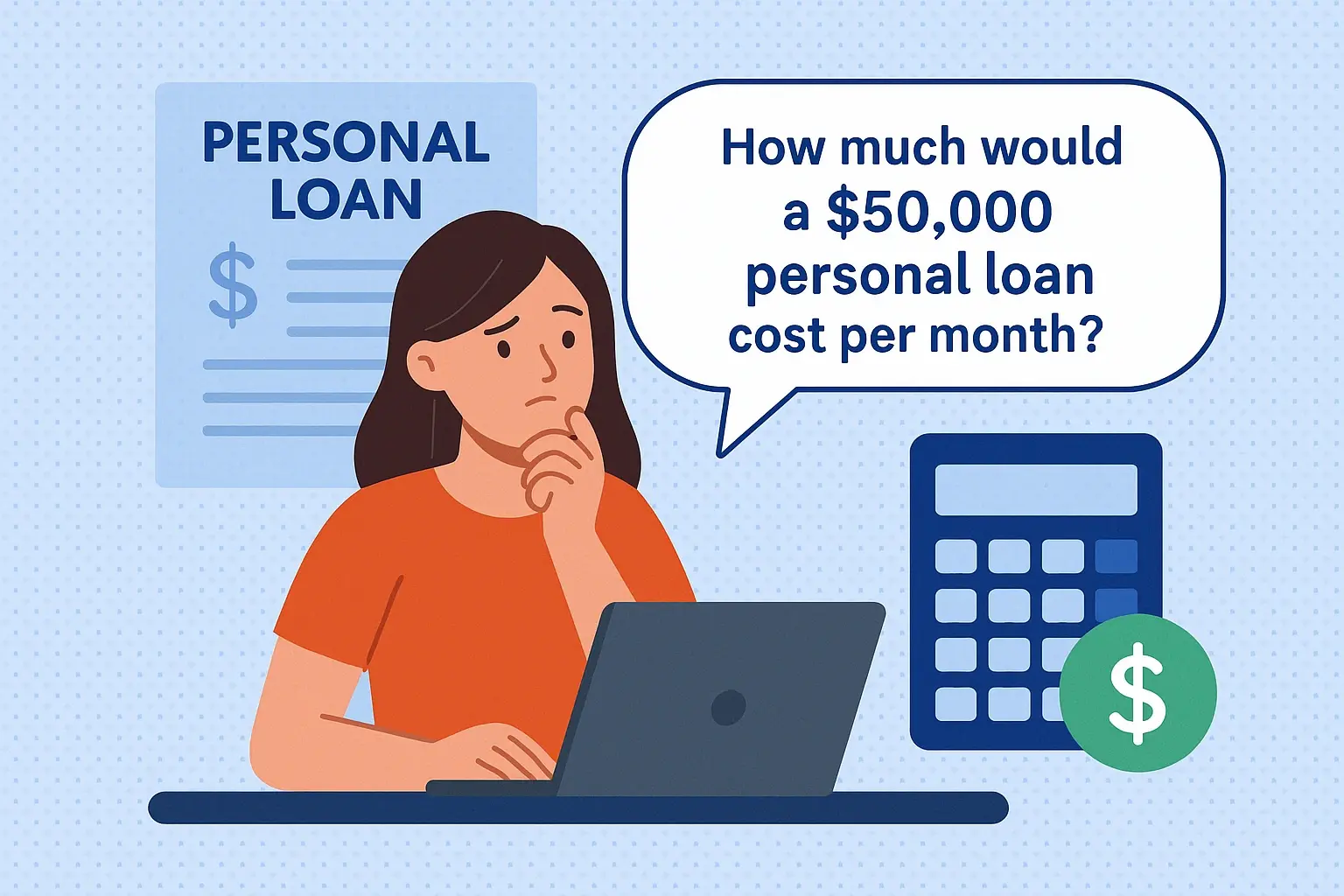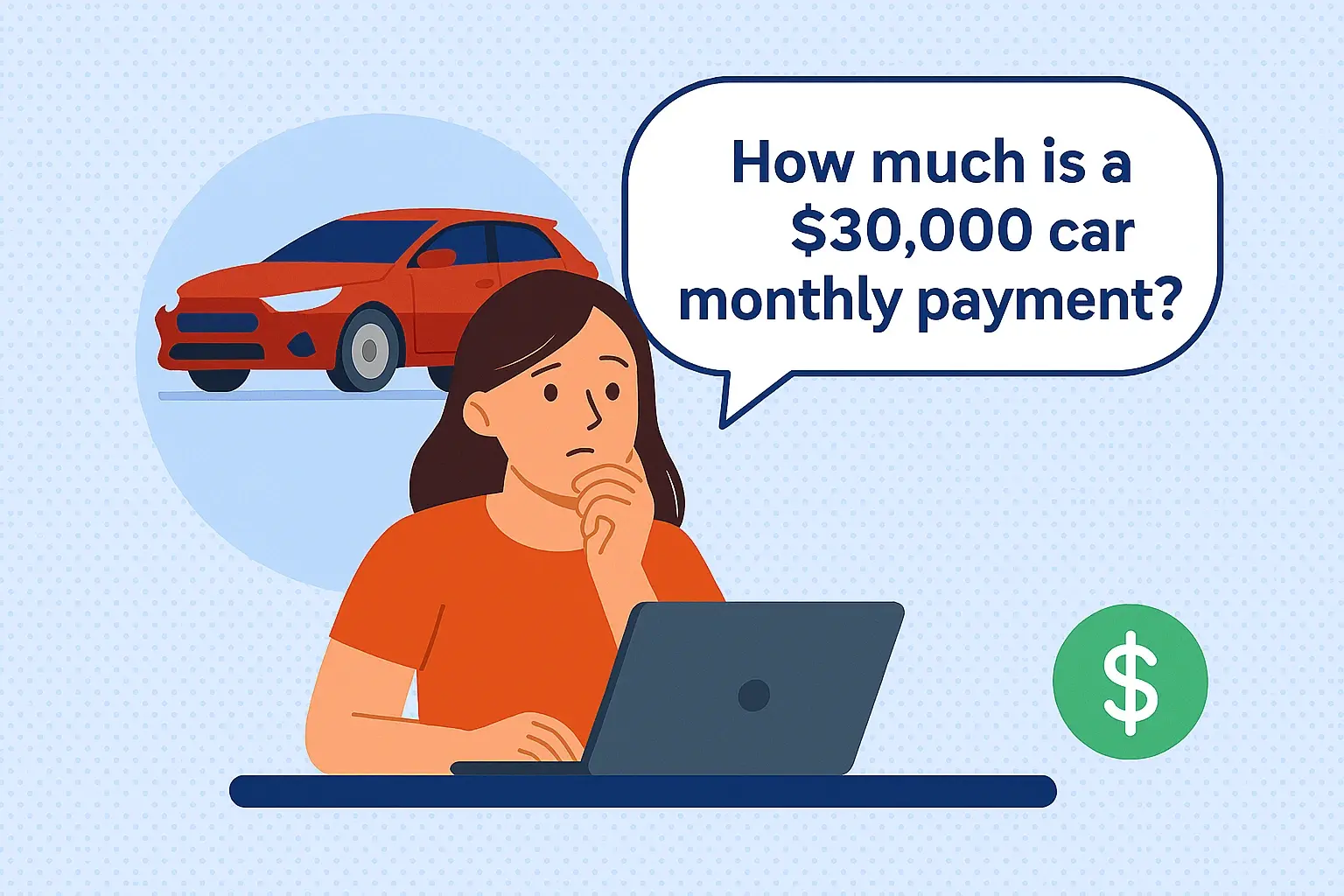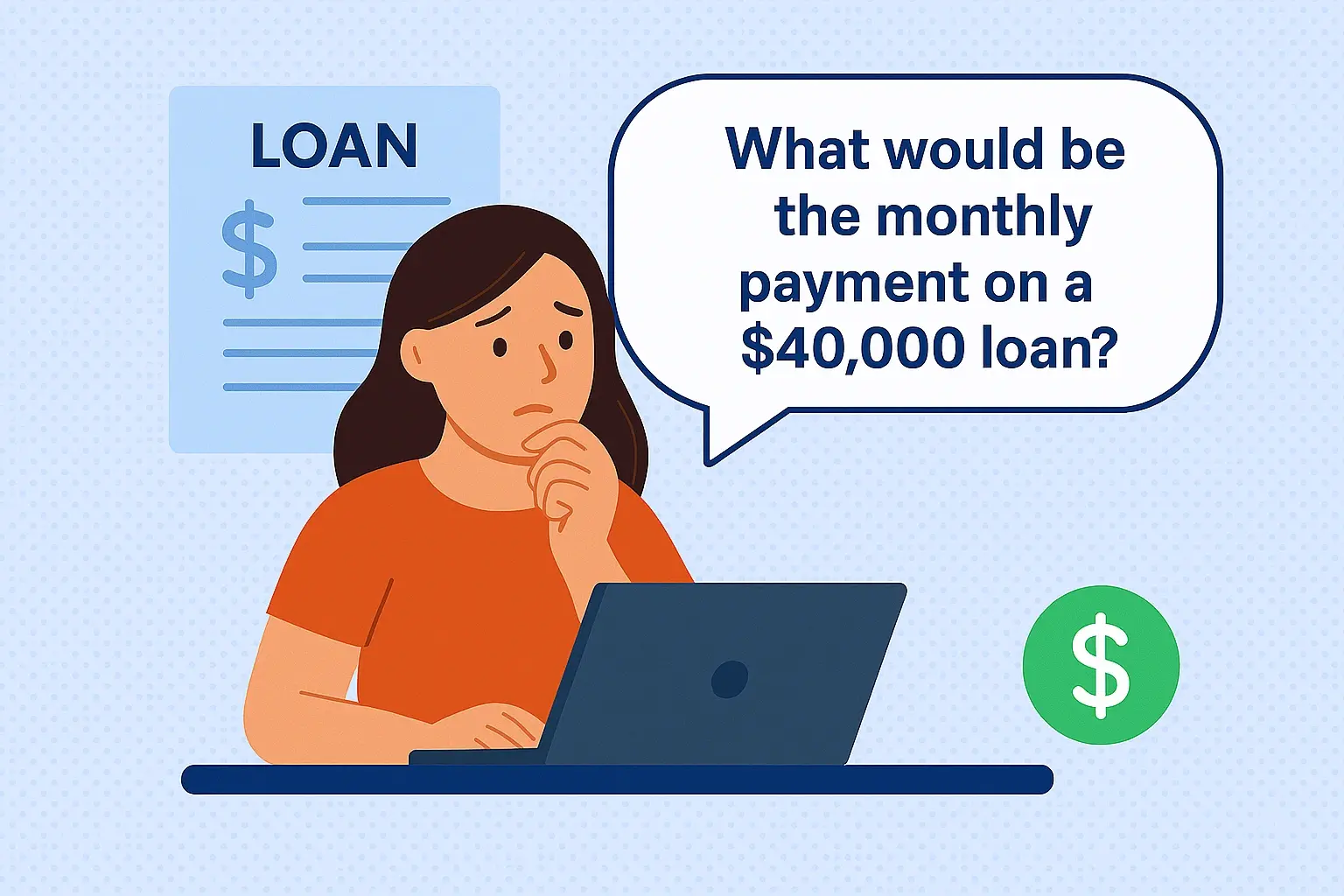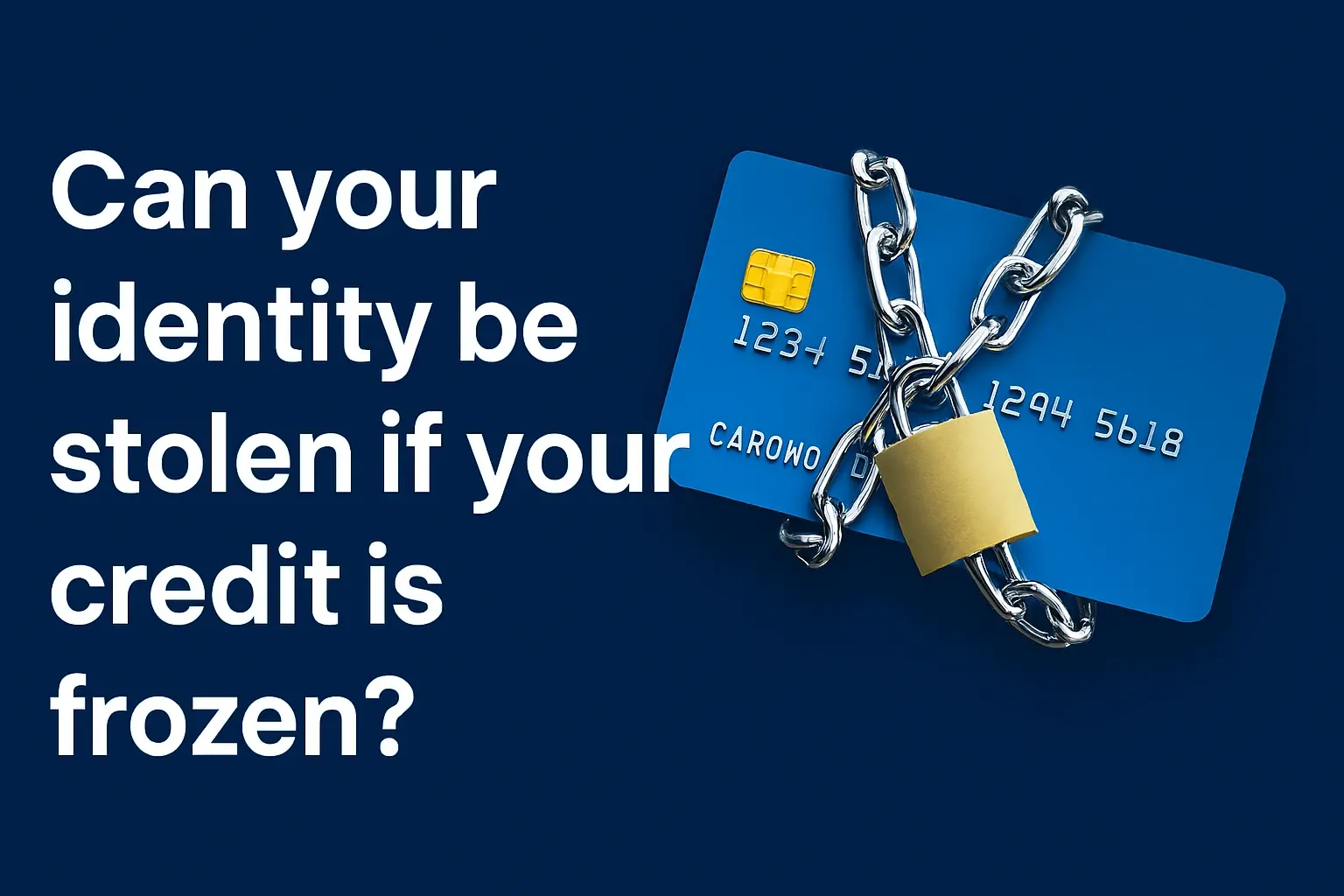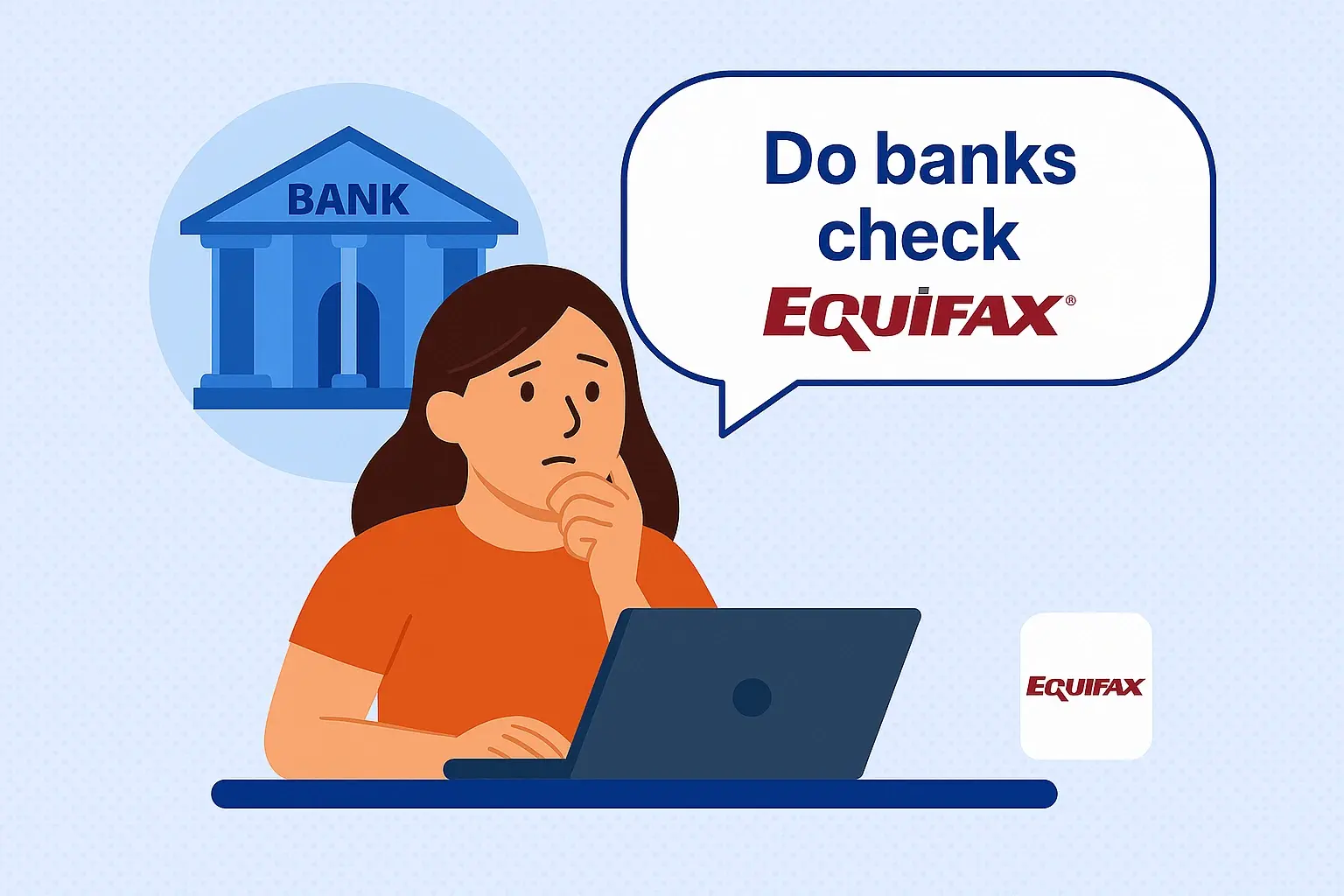-
Posted on: 26 Jul 2024

-
Keeping track of your credit accounts is crucial for maintaining a healthy financial profile. Knowing which accounts are open in your name, their balances, and payment history helps you monitor your credit score, detect potential fraud, and ensure accurate reporting. This guide will provide you with a step-by-step approach to discovering all credit accounts associated with your name.
Why is it Important to Know Which Credit Accounts Are in Your Name?
Understanding the credit accounts held in your name offers numerous benefits:
- Fraud Detection: Identifying unauthorized or fraudulent accounts quickly allows you to report them and prevent further damage.
- Credit Score Management: Keeping track of your credit utilization (the amount of credit you're using compared to your credit limit) impacts your credit score.
- Account Accuracy: Ensuring all listed accounts are accurate helps avoid errors that could negatively affect your creditworthiness.
- Planning and Budgeting: Knowing your total debt obligations helps you make informed financial decisions.
- Peace of Mind: Simply knowing what's out there gives you control over your financial situation.
Methods to Discover Credit Accounts in Your Name
Several reliable methods exist to uncover all credit accounts tied to your name. The most effective approaches involve utilizing your credit reports and exploring specialized credit monitoring services.
1. Obtain Your Free Credit Reports
The cornerstone of identifying your credit accounts is reviewing your credit reports. In the United States, you are entitled to a free credit report from each of the three major credit bureaus – Equifax, Experian, and TransUnion – every 12 months. This is made possible through AnnualCreditReport.com, the only website authorized by the U.S. government to provide free credit reports.
Steps to Obtain Your Free Credit Reports:
- Visit AnnualCreditReport.com: This is the official and secure website. Avoid third-party websites that may offer "free" reports but require subscriptions or sell your data.
- Complete the Online Form: You'll need to provide your name, address, Social Security number, and date of birth to verify your identity.
- Choose Which Reports to Request: You can request reports from all three bureaus (Equifax, Experian, and TransUnion) at once, or you can stagger them throughout the year to monitor your credit more frequently. A good strategy is to get one report every four months.
- Review Your Reports Carefully: Once you receive your reports, meticulously review each entry. Look for the following:
- Personal Information: Verify that your name, address, Social Security number, and other personal details are accurate. Incorrect information can indicate identity theft.
- Account Information: Note all open and closed credit accounts, including credit cards, loans (student, auto, mortgage), and lines of credit. Pay attention to the creditor's name, account number, credit limit/loan amount, and current balance.
- Payment History: Review your payment history for each account. Late payments or missed payments can negatively impact your credit score.
- Inquiries: Examine the list of inquiries. Hard inquiries (from credit applications) can slightly lower your score. Look for any unfamiliar inquiries that you didn't authorize.
- Public Records: Check for any public records, such as bankruptcies or judgments, that may be listed.
- Dispute Errors: If you find any inaccuracies or unauthorized accounts, dispute them directly with the credit bureau that issued the report. Each credit bureau has a process for disputing information, usually online or by mail. You'll need to provide documentation to support your claim.
Important Note: After the COVID-19 pandemic, the credit bureaus offered free weekly credit reports. While this program officially ended, it's worth checking AnnualCreditReport.com periodically, as they may reinstate a similar program.
2. Utilize Credit Monitoring Services
Credit monitoring services provide continuous tracking of your credit reports and alert you to changes, such as new accounts opened in your name, changes to your credit score, or suspicious activity. While most credit monitoring services require a subscription fee, some offer free basic monitoring.
Types of Credit Monitoring Services:
- Free Credit Monitoring: Many banks and credit card issuers offer free credit monitoring as a perk to their customers. These services typically provide access to one credit bureau's report and alerts about significant changes.
- Paid Credit Monitoring: Paid services offer more comprehensive monitoring, often including reports from all three credit bureaus, daily credit score updates, identity theft protection, and fraud resolution assistance. Popular paid services include:
- Experian CreditWorks: Provides Experian credit report and score monitoring, plus identity theft protection.
- Equifax Complete Premier: Offers Equifax credit report and score monitoring, plus identity theft protection and family monitoring options.
- TransUnion Credit Monitoring: Provides TransUnion credit report and score monitoring, plus identity theft protection and fraud alerts.
- Credit Karma: While technically a free service, Credit Karma uses VantageScore (a different scoring model than FICO) and provides monitoring from TransUnion and Equifax.
Benefits of Using Credit Monitoring Services:
- Early Fraud Detection: Receive alerts about new accounts or changes to your credit report quickly, allowing you to address potential fraud promptly.
- Convenience: Automated monitoring saves you the time and effort of manually checking your credit reports regularly.
- Identity Theft Protection: Many services offer identity theft insurance and assistance with fraud resolution.
- Credit Score Tracking: Monitor your credit score trends and understand how your financial behavior impacts your creditworthiness.
Choosing a Credit Monitoring Service:
- Consider Your Needs: Determine what level of protection and features you require. Do you need monitoring from all three bureaus, or is one bureau sufficient? Are you concerned about identity theft?
- Compare Pricing: Compare the costs of different services and consider any introductory offers or discounts.
- Read Reviews: Research customer reviews to gauge the reliability and effectiveness of each service.
- Check for Free Trials: Many services offer free trials, allowing you to test the features before committing to a subscription.
3. Review Bank and Credit Card Statements
Carefully examine your bank and credit card statements each month. Look for any unfamiliar transactions or accounts that you don't recognize. Even if you don't actively use a credit card, it's essential to review statements to ensure no unauthorized charges have been made.
Tips for Reviewing Statements:
- Check for Accuracy: Verify that all transactions are legitimate and match your records.
- Look for Unauthorized Charges: Report any suspicious or unrecognized charges to your bank or credit card issuer immediately.
- Review Account Information: Ensure that your name, address, and other personal details are correct on the statements.
- Monitor for Small Charges: Fraudsters sometimes make small, seemingly insignificant charges to test if an account is active before attempting larger fraudulent transactions.
4. Contact Creditors Directly
If you suspect you may have a credit account with a particular lender but aren't sure, you can contact them directly. Provide them with your name, address, Social Security number, and any other identifying information they may require. They should be able to confirm whether you have an account with them.
When to Contact Creditors Directly:
- If you suspect you might have forgotten about an account.
- If you've moved recently and are unsure if your billing address is up-to-date.
- If you're trying to consolidate debt and need to gather information about your existing accounts.
5. Request a ChexSystems Report
While not directly related to credit accounts, a ChexSystems report tracks your checking account history. This report can reveal if someone has fraudulently opened a checking account in your name. You can request a free ChexSystems report online or by mail.
6. Watch out for Scams
Be wary of unsolicited emails, phone calls, or text messages promising to help you find all your credit accounts for a fee. These are often scams designed to steal your personal information. Always use trusted and official sources, like AnnualCreditReport.com, when accessing your credit information.
Important Note: Never share your Social Security number or other sensitive information with unverified sources. Always access credit reports and monitoring services through secure and reputable websites.What to Do if You Find an Unauthorized Account
If you discover an unauthorized credit account in your name, take immediate action to minimize the damage:
- Report the Fraud to the Credit Bureau: Contact the credit bureau that issued the report containing the fraudulent account and file a dispute. Provide them with any evidence you have to support your claim, such as copies of your ID or a police report.
- File a Police Report: Report the identity theft to your local police department. A police report can be helpful when disputing fraudulent accounts with creditors.
- Contact the Creditor: Notify the creditor that issued the unauthorized account. Explain that you are a victim of identity theft and request that they close the account and remove any associated charges.
- Place a Fraud Alert on Your Credit Reports: A fraud alert requires creditors to take extra steps to verify your identity before opening new accounts in your name. You can place a fraud alert by contacting any one of the three credit bureaus; they are required to notify the other two.
- Consider a Credit Freeze: A credit freeze (also known as a security freeze) restricts access to your credit report, making it more difficult for fraudsters to open new accounts in your name. You must contact each credit bureau separately to place a freeze.
- Monitor Your Credit Reports Regularly: Continue to monitor your credit reports for any further signs of fraudulent activity.
Maintaining a Healthy Credit Profile
Once you've identified all credit accounts in your name, it's crucial to maintain a healthy credit profile by:
- Paying your bills on time: Payment history is the most important factor in your credit score.
- Keeping your credit utilization low: Aim to use less than 30% of your available credit.
- Avoiding opening too many new accounts at once: Opening multiple accounts in a short period can negatively impact your credit score.
- Regularly checking your credit reports: Monitor your credit reports for errors and signs of fraud.
Faq
1: How can I see all credit accounts in my name?
You can access your credit report from the three major credit bureaus—Experian, Equifax, and TransUnion—via AnnualCreditReport.com
2: Can I find unauthorized or fraudulent accounts?
Yes. Reviewing your credit report carefully helps you spot accounts you didn’t open, identity theft, or fraudulent activity. If found, report it immediately to the credit bureau and the creditor.
3: How often should I check my credit accounts?
It’s recommended to check your credit report at least once a year, but reviewing it every few months can help detect errors or fraud sooner. Free credit monitoring tools can also alert you to new accounts.
4: Are all credit accounts reported to the credit bureaus?
Most major accounts—credit cards, loans, mortgages, and auto loans—are reported. Some smaller or private accounts, like utility bills or some retail accounts, may not appear.
5: What should I do if an account is missing or incorrect?
If an account is missing or incorrect, file a dispute with the credit bureau reporting the error. Provide documentation, and the bureau must investigate and correct inaccuracies within 30 days.


